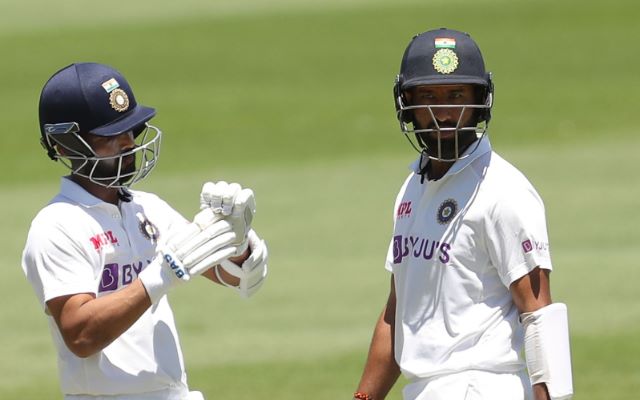The International Cricket Council recently released its Future Tour Programme (FTP) cycle that starts from May 2023 and concludes in April 2027. The 12 full members will play a total of 777 international matches that include 173 Tests, 281 ODIs and 323 T20Is.
While there’s not much difference between between the total number of bilateral matches among the top cricketing nations, the big-three – India, England and Australia – will be playing more Tests against each other i.e. longer red-ball bilateral series compared to the likes of New Zealand, West Indies and others.
For example, India’s Test series against Australia, known as Border-Gavaskar Trophy, will now become a five-match affair. The Men in Blue will be playing five-Test series against England too.
Former New Zealand allrounder Scott Styris isn’t surprised by that saying this has been the case for quite some time now and feels it’s justified because the these series are financially lucrative to world cricket.
“What I’ll say is that it’s been that way for as long as I can remember,” Styris said on Sports18’s show Sports Over The Top.
“You know, there are certain teams that get 3, 4 or 5 match series. New Zealand for the most part, only ever get two-match series with the odd three. So, I’m not sure why the surprise is there. It’s the big three teams and you understand why. That’s where the money in world cricket comes from,” he added.







